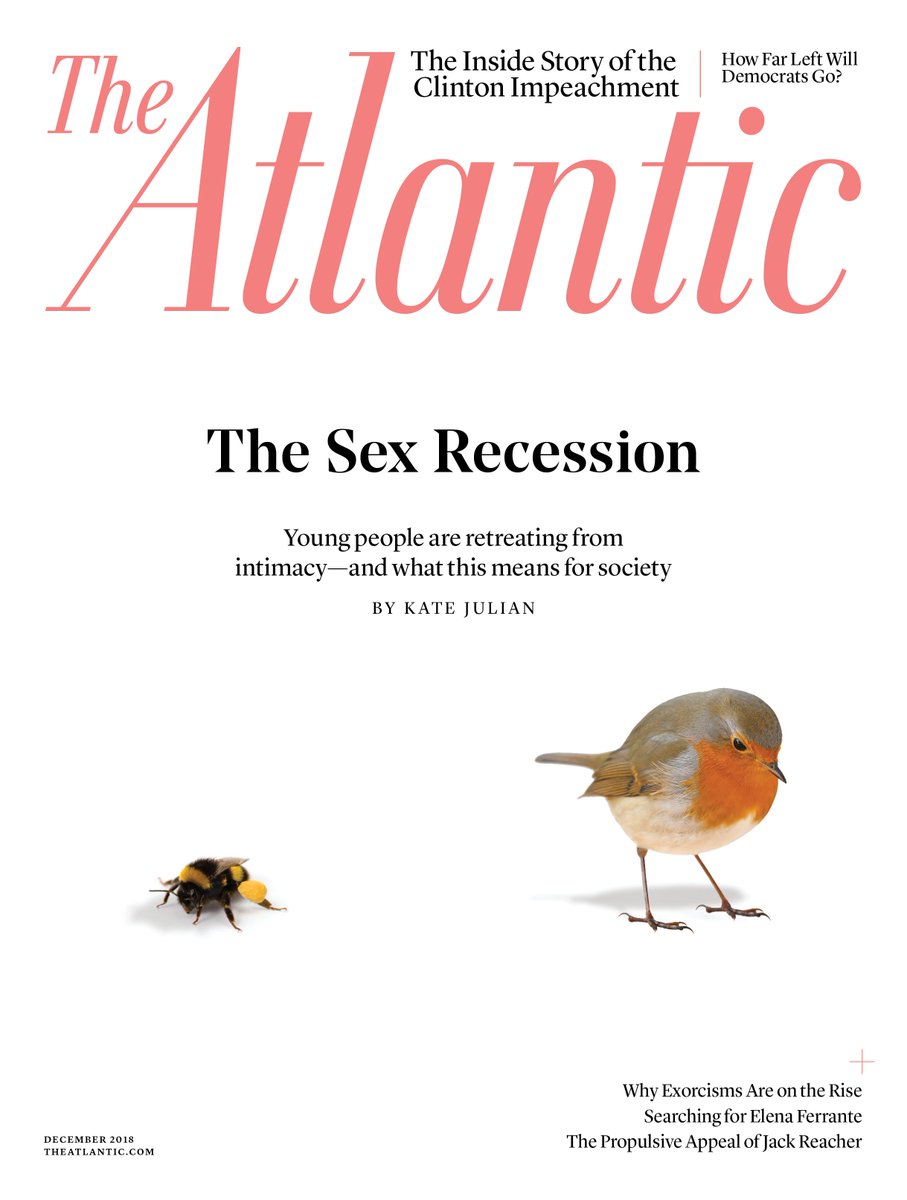People frustrated with the negative sides of Twitter sometimes ask me what they can do about it. Here's a thread with some ideas.
Whether you have 100 followers or a million, you can do something to help… 📢
My guide: https://t.co/ZyLacjbELV
UPDATE - Please join me in blocking on Twitter:
— Andrew Stroehlein (@astroehlein) February 9, 2020
\U0001f537 Fact deniers;
\U0001f537 Anonymous liars;
\U0001f537 Propagandists for abusive governments;
\U0001f537 Those using whataboutism;
\U0001f537 Those flinging hate;
\U0001f537 Those making straw man arguments;
\U0001f537 Nazis;
\U0001f537 Sealions;
\U0001f537 Nazi sealions.
More from Twitter
What I’m trying to get at, is not just that Twitter’s decision allows us to see—in ways that have been obscured—how much control they have over content moderation—
but as @Elinor_Carmi points out “platforms don’t just moderate or filter “content”; they alter what registers to us and our social groups as “social” or as “experience.” https://t.co/GSByAOoDWg changed
I’m worried that the celebration of Twitter’s intervention on fascist rhetoric-however too little and too late- directs us to desire tech companies enforcement of liberal and democratic procedures rather than towards an investigation of
how they’ve developed computational infrastructures which exceed the power of the nation state, are hollowing out our institutions for frictionless (see removing human contact) optimization and are insufficiently described by neoliberalism
I'm going to make a bomb shell statement here around the turn of the year, something so risky that I face prospects of the Twitter account being attacked or even banned.
— Cosmic Penguin (@Cosmic_Penguin) December 31, 2020
It's about my very uneasy Twitter experience over the past 2-6 months, the worst I could ever remember.
You see, I realized in the last few months that, by translating information and news related to one of the fastest growing spaceflight powers of the world...I inadvertently became a spreader of PRC propaganda.
And with me exactly 180 degrees away from them, I feel scared.
It actually started a few years ago - it's not hard to meet Chinese Twitter users interested in spaceflight, either those living overseas or find a way to climb over the wall. Not surprisingly, many of these S/F enthusiasts are interested in their own military too.
This steadily grew with my followers' count until the flagship Chinese spaceflight missions of 2020 (Chang'e 5 especially but also many others) brought in dozens of them liking/re-tweeting my info tweets sometimes, and similar no. of such followers every month.
I do casually check these new followers/users sometimes. To my horror, far too many of them routinely insults, attacks, mocks others who they see as "anti-China" or spread potential mis-information, even blatant attacks, that started off w/ their state media/spokesperson.
You May Also Like
Russia hasn't been a willing partner in this treaty for almost 3 decades. We should have ended the pretense long ago.
Naturally, Rand Paul is telling anyone who will listen to him that Trump is making a HUGE MISTAKE here.
Arms control agreements are good when you have willing partners. Lightens the load on our military.
— John Noonan (@noonanjo) October 20, 2018
Russia hasnt been a willing partner in years. There will be gnashing of teeth from people who do arms control advocacy full time, but this is right movehttps://t.co/WmQE43ERCB
Rand is just like his dad, Ron. 100% isolationist.
They've never grasped that 100% isolationist is not 'America First' when you examine it. It really means 'America Alone'.
The consistent grousing of pursuing military alliances with allies - like Trump is doing now with Saudi Arabia.
So of course Rand has also spent the last 2 days loudly calling for Trump to kill the arms deal with Saudi Arabia and end our alliance with them.
What Obama was engineering with his foreign policy was de facto isolationism: pull all the troops out of the ME, abandon the region to Iranian control as a client state of Russia.
Obama wasn't building an alliance with Iran; he was facilitating abandoning the ME to Iran.
Obama wouldn't even leave behind a token security force, so of course what happened was the rise of ISIS. He also pumped billions of dollars into the Iranian coffers, which the Mullah's used to fund destabilizing activity [wars/terrorism] & criminal enterprises all over the globe
#ArudraDarisanam
Unique Natarajar made of emerlad is abt 6 feet tall.
It is always covered with sandal paste.Only on Thriuvadhirai Star in month Margazhi-Nataraja can be worshipped without sandal paste.

After removing the sandal paste,day long rituals & various abhishekam will be https://t.co/e1Ye8DrNWb day Maragatha Nataraja sannandhi will be closed after anointing the murthi with fresh sandal paste.Maragatha Natarajar is covered with sandal paste throughout the year

as Emerald has scientific property of its molecules getting disturbed when exposed to light/water/sound.This is an ancient Shiva temple considered to be 3000 years old -believed to be where Bhagwan Shiva gave Veda gyaana to Parvati Devi.This temple has some stunning sculptures.
















